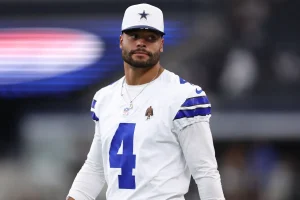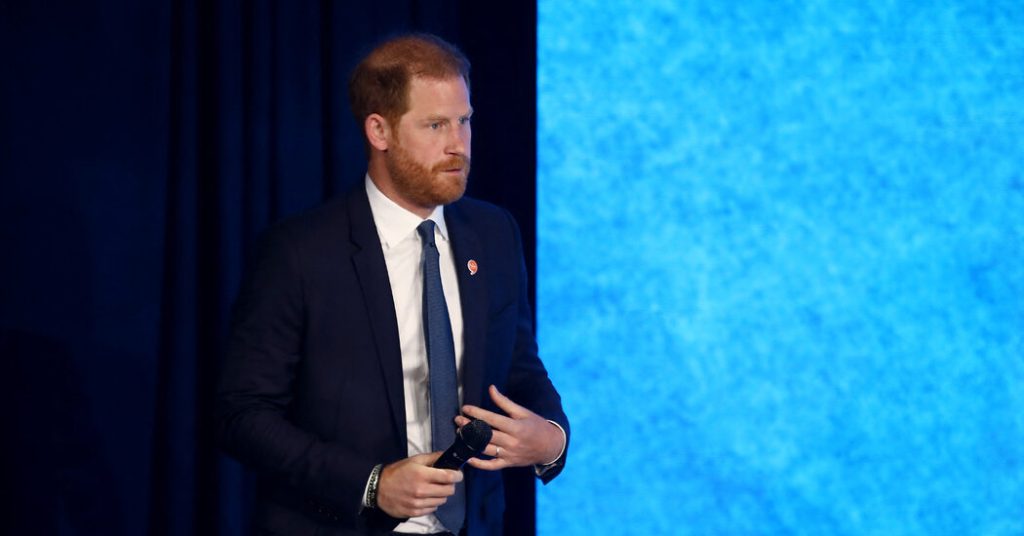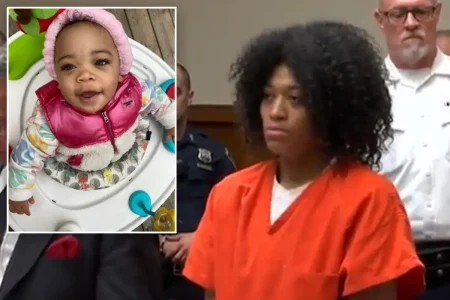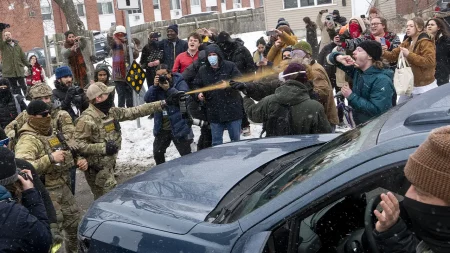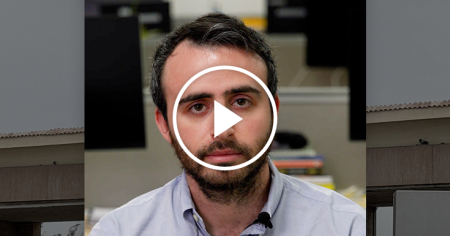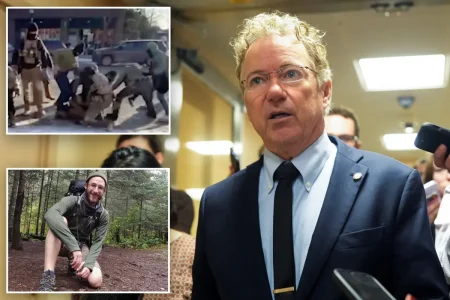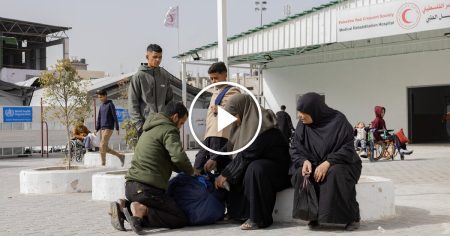Here’s how I’d summarize this story with a conversational, humanized tone:
If there’s one thing Prince Harry has been unwavering about, it’s holding the media accountable—especially the British tabloid press that’s plagued him and his family for years. On Wednesday, we saw a culmination of this stance as Harry reached a significant settlement with Rupert Murdoch’s News Group Newspapers. This isn’t just another lawsuit; it’s a chapter in a larger narrative of personal battles, public reckoning, and the daunting challenge of taking on powerful media empires.
Let’s unpack what went down.
This case centered on Harry’s accusations of “unlawful information gathering” by News Group Newspapers—essentially, that the tabloid press crossed ethical and legal lines to dig into his personal life. And it’s not just Harry’s story; it’s his mother, Princess Diana’s, as well. The shadow of Diana’s tragic death in 1997, hounded by paparazzi, looms large in Harry’s motivations. So, when News Group offered a “full and unequivocal apology” for hacking Harry’s phone and hiring private investigators to invade his life, it was significant. The apology also extended to acknowledging intrusions into Diana’s privacy during her lifetime, with a specific nod to the pain caused during Harry’s formative years. Simply put, they finally admitted they’d crossed a line.
This is a monumental moment because, for the first time, News Group has confessed to wrongdoing not just under its now-defunct News of the World tabloid, but also involving The Sun, another Murdoch-owned outlet. The settlement included what they called “substantial damages,” although they didn’t disclose the exact amount. Beyond money, this served as a public acknowledgment of the emotional and relational harm caused to Harry, his family, and his late mother.
But here’s the catch—the timing of this settlement wasn’t arbitrary. It came just hours before the case was supposed to go to court, where Harry’s legal team had planned to bring forward some damning claims. The courtroom spotlight would have focused not only on Harry’s suffering but also on the alleged complicity and cover-ups by senior executives in Murdoch’s media empire. Names like Rebekah Brooks (chief executive of News U.K.), James Murdoch (Rupert Murdoch’s younger son), and Will Lewis (now publisher of The Washington Post) were set to face scrutiny. All of them, for the record, deny any wrongdoing.
If this had gone to trial, we could have seen weeks of explosive testimony about illegal practices like phone hacking—a grim era for British journalism that’s haunted News Group for over a decade. So why settle? Well, a trial would have opened a Pandora’s box of allegations, emails, and behind-the-scenes conduct that could’ve been damaging for the company. Settling now meant side-stepping the courtroom drama—and perhaps shielding their reputation from further injury.
For Harry, the settlement arguably came as a form of justice without having to shoulder enormous financial risk. In the U.K., legal battles come with hefty stakes. Thanks to a specific rule in English law aimed at minimizing drawn-out disputes, Harry would’ve been required to cover both his own legal fees and News Group’s, unless the court awarded him a sum equal to or higher than what News Group had been willing to pay in the settlement. Translation? Even if he won, he could’ve lost big-time financially. And let’s not forget, going up against a corporation as powerful and well-funded as Murdoch’s media empire comes with its own challenges.
To put it in perspective, this isn’t the first time Rupert Murdoch’s companies have avoided major court cases by opting to pay up. News Group has settled around 1,300 cases tied to its phone-hacking scandal with lucrative payoffs—actors, politicians, and public figures have been swept up in this saga. (Fun fact: Hugh Grant is on that list.) Grant shared his frustrations earlier this year, publicly admitting he felt forced to settle because the cost of taking News Group to court could have left him with a £10 million legal bill. It’s a sobering reminder of how daunting it is for private individuals to take on media titans.
In addition to the settlement with Harry, News Group also compensated Tom Watson, a former Labour Party deputy leader. Watson experienced similar invasions of privacy during his time in government. The company acknowledged that it placed Watson under surveillance back in 2009—hardly a trivial admission. Like Harry, Watson received a personal apology and significant financial damages.
This entire saga is part of an ongoing effort to shed light on unethical media practices—not just in the U.K. but also globally. Across the pond, Rupert Murdoch’s influence has faced its own reckoning. Earlier this year, in April 2023, Murdoch’s Fox News agreed to pay $787.5 million to Dominion Voting Systems. That case revolved around Fox’s promotion of election disinformation, which Dominion argued had seriously damaged its reputation and business. The parallels are striking: powerful media machinery up against people demanding accountability.
So, what’s next for Prince Harry? This victory—for lack of a better word—closes a chapter but by no means ends the book. Harry has been steadfast in his mission to expose the toxic culture of some parts of the press, whether in courtrooms or public forums. It’s a deeply personal fight, tied to his own lived experience and the scars of losing his mother under a media storm. More than a public figure seeking reparation, Harry sees himself as a voice for those who feel voiceless in the face of media exploitation.
That said, this landmark settlement reaffirms a couple of big-picture lessons. First, some forms of justice are still possible, even when the odds feel stacked against you. And second, it highlights the stark disparity in resources between individuals and institutions—nearly universal in legal battles like this.
Harry’s road ahead will likely involve more spotlight moments like this, as well as continued scrutiny from the press he’s grown to distrust. But for now, he can close this chapter knowing he pushed back, demanded accountability, and didn’t just settle for silence.
Let’s keep an eye on this unfolding story, but for now, this feels like one small step toward Harry’s quest for justice. What do you think? Could we be seeing a paradigm shift in how people hold the media accountable—or is this just business as usual? Let’s see how this evolves. Stay tuned!
